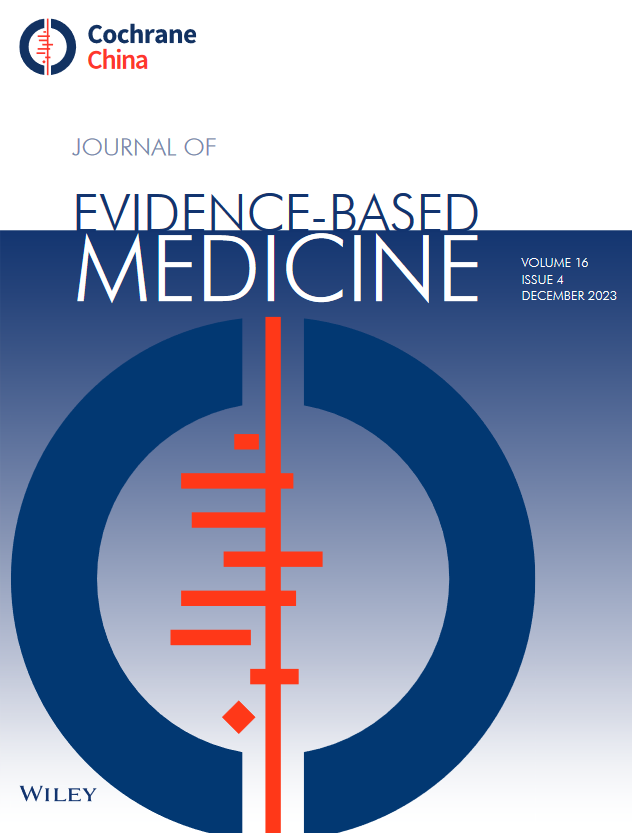Effect of testosterone replacement therapy on lower urinary tract symptoms: A systematic review and network meta-analysis
Abstract
Objective
In this study, we aimed to perform a network meta-analysis (NMA) to investigate the effects of different testosterone replacement therapy (TRT) administration routes on lower urinary tract symptoms (LUTS) in aging men with late-onset hypogonadism (LOH).
Methods
A systematic search of PubMed, Embase, The Cochrane Library, CNKI, WanFang Data, and VIP was conducted to identify randomized controlled trials (RCTs) reporting data on International Prostate Symptom Score (IPSS), prostate-specific antigen (PSA) level, or prostate volume. NMA was performed, and subgroup analysis was conducted to assess the impact of TRT duration on outcomes.
Results
A total of 21 RCTs involving 2453 participants were included. For pairwise meta-analysis, p values for TRT delivered by transdermal, intramuscular, and oral routes were as follows: IPSS: 0.93, 0.20, and 0.76; PSA level: 0.20, 0.27, and 0.98; prostate volume: 0.18, 0.04, and 0.16. There were no significant differences in IPSS, PSA level, or prostate volume between TRT routes. In subgroup analysis, long-term intramuscular TRT significantly decreased IPSS (p = 0.03), short-term transdermal TRT increased PSA levels (p < 0.001), and short-term intramuscular TRT increased the prostate volume (p = 0.04). Other forms of TRT showed no significant change in IPSS, PSA level, and prostate volume compared with the placebo. Indirect comparison of the three administration routes demonstrated no significant differences in IPSS, PSA level, and prostate volume. Nevertheless, surface under the cumulative ranking curve analysis indicated that intramuscular TRT had an 83% probability of being the best method for decreasing IPSS.
Conclusions
The results demonstrate that TRT does not worsen LUTS regardless of the administration route. Intramuscular TRT may be the preferred treatment for aging men with LOH and LUTS. Intramuscular TRT may be the preferred treatment for men with LOH and LUTS. Further research is warranted to validate these findings and optimize TRT management strategies.

 求助内容:
求助内容: 应助结果提醒方式:
应助结果提醒方式:


